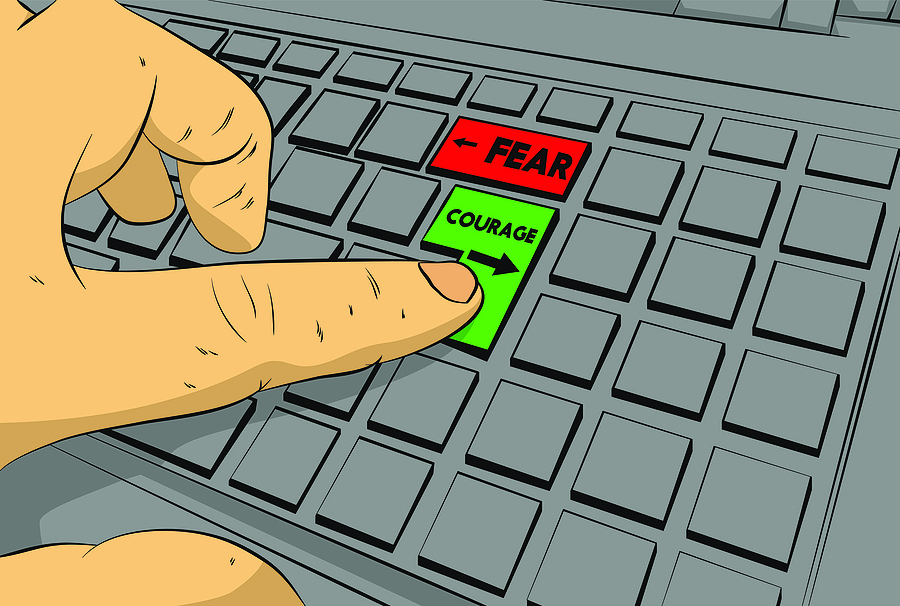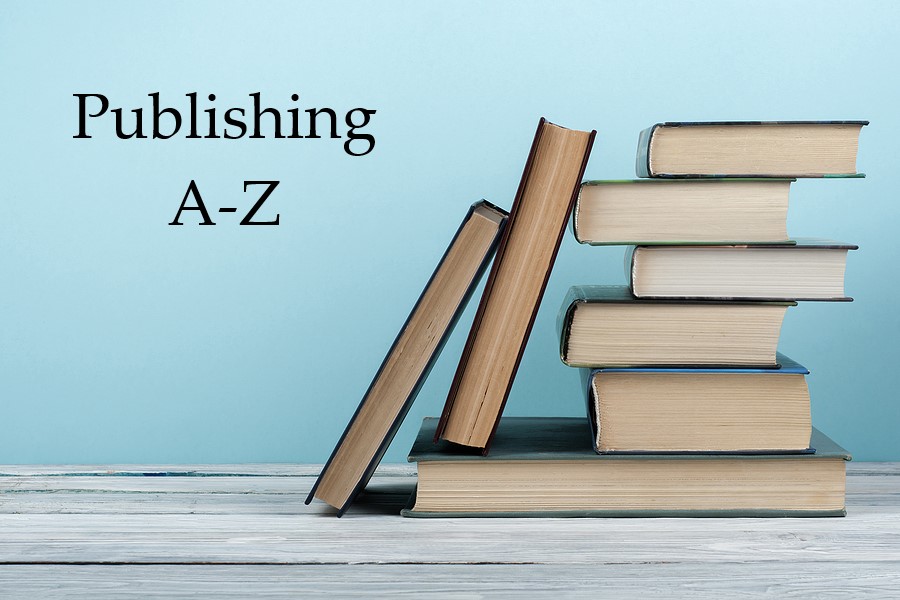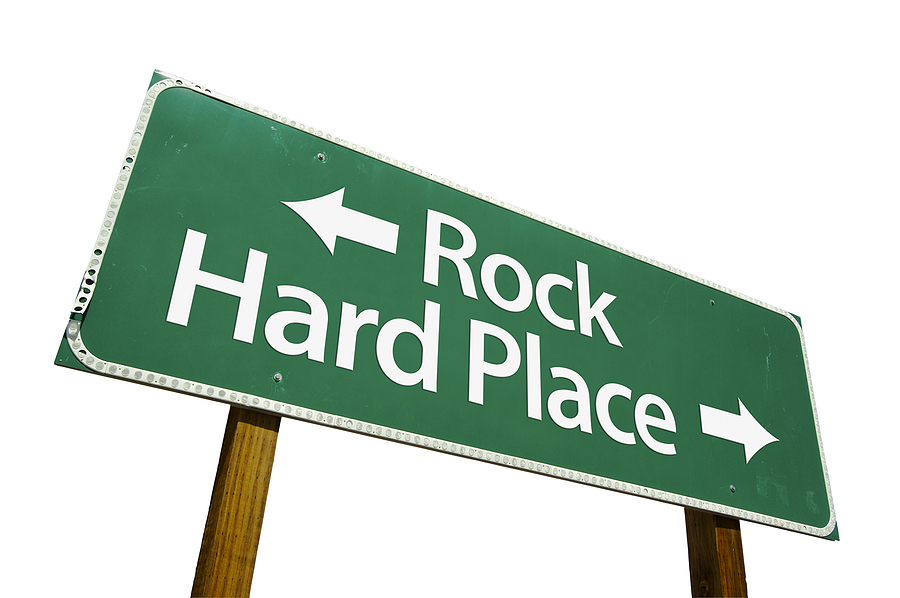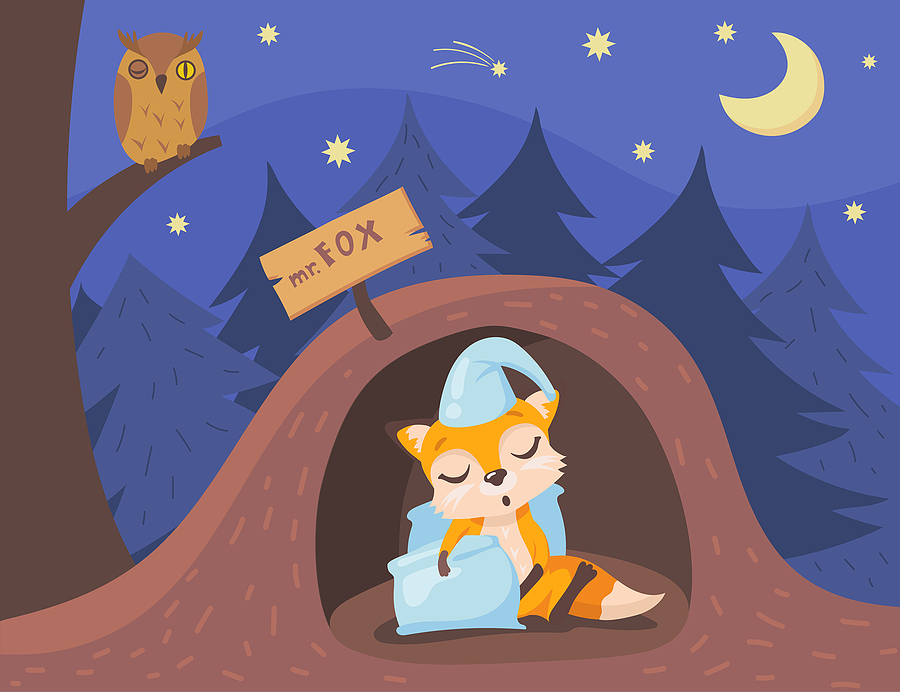In James Clear’s excellent, bestselling book Atomic Habits, he writes about a man who set up a number of systems and habits that impressed others, who commented on his energy and hard work in getting so much done. He shrugged off the compliments, however, saying something like, “I’m actually not that hard-working; I’m just proactively lazy.”
I love it. I think “proactive laziness” is a good modus operandi for working writers.
As the man in the book used it—and as I’ve practiced it for years without having that label to use for it—proactive laziness is the application of a habit or system that over time saves effort—mental, emotional, physical, etc. With such habits relating to your writing in place, it may look as though you’re energetic, hard-working, frantic, even, in accomplishing tasks. In reality, however, your habits allow you to be methodical, even lazy. But purposefully so.
As Ricky Ricardo would say, “I can essplain.”
Say you’re a blogger who must produce several inspired and insightful posts every single week. That takes a lot of work, no? Yes. But let’s say also that you’ve cultivated a habit in your weekly schedule—right after lunch, perhaps—of brainstorming at least three topics for upcoming posts, which you add to a posting schedule. Thus, on writing days, instead of stressing or straining to come up with a topic, you just write. Easy peasy, right? Of course, right.
Or say you’re working on a novel. You sit down at the same time and in the same place on certain days and write 2,000 words. When you reach that goal, you stop—even in mid-sentence—and give yourself permission to be lazy the rest of the day.
Or (to steal again from James Clear, who calls this “habit stacking”) you’ve attached a writing task to an already-existing habit, so that after you get the mail from the mailbox, you immediately write a short poem. The poem doesn’t even have to be about mail, or particularly good. But because it’s attached (or “stacked”) with another habit, it will eventually become as automatic; and who knows what inspiration will arise out of your routine?
These are only a few examples of the power of proactive laziness. I can testify that, in my case, being both obsessive-compulsive and lazy, habits and systems like these have worked wonders for me. I keep a bullet journal that helps to focus me. I plan my workweek every Sunday right before retiring. I have “habit-stacked” recurring tasks so that existing habits lead automatically into those tasks. (For example, I eat breakfast every day, and I’ve long followed that up by unloading and loading the dishwasher. So, when I had to start taking my blood pressure, I started doing that on leaving the kitchen and added my morning stretch routine immediately after taking my blood pressure. One leads to the other now, automatically.) My phone automatically activates “Do Not Disturb” at regular intervals, so I can focus on writing. And so on.
People occasionally say to me, “I don’t know how you do all you do.” I like hearing that, because I still like to think I’m energetic and hard-working. But I’m really just proactively lazy.











